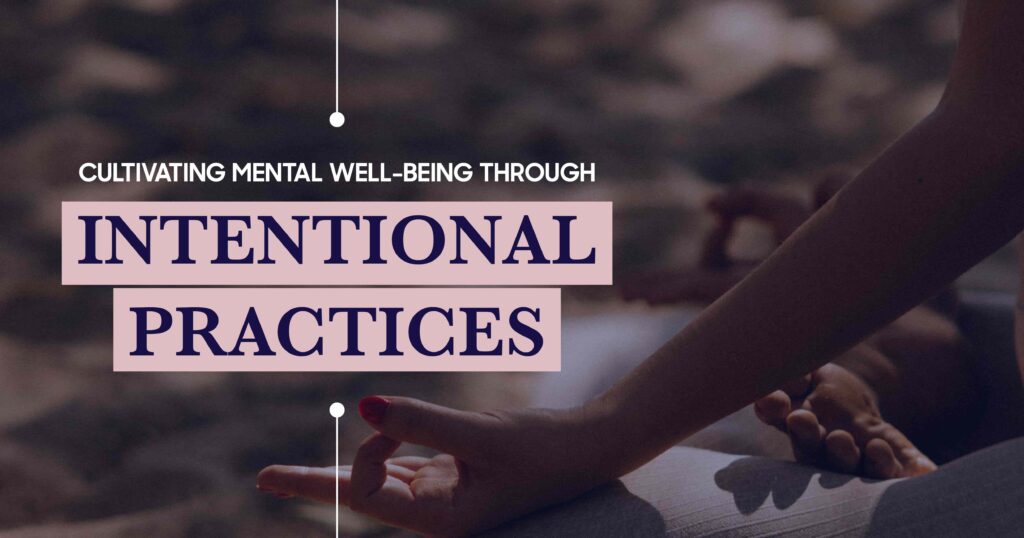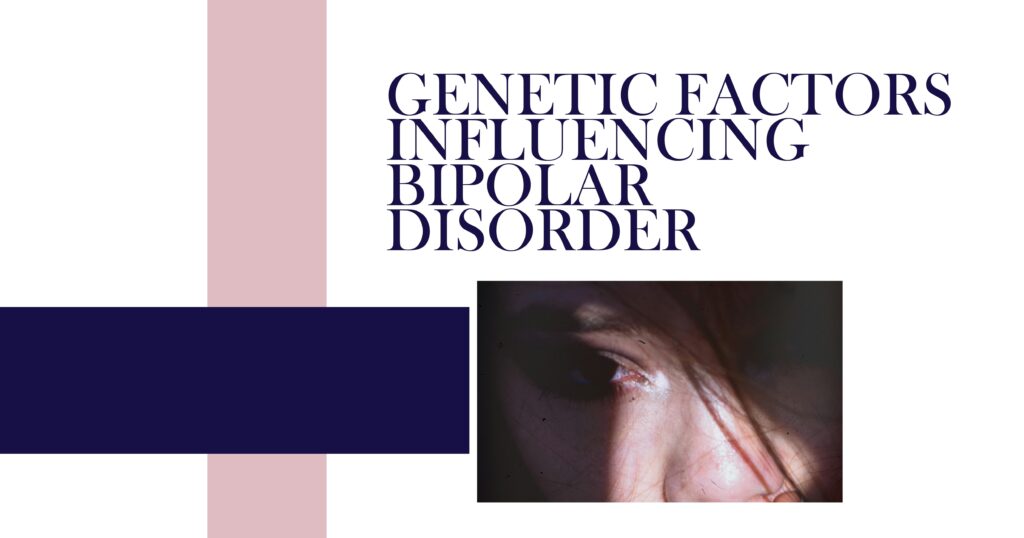In today’s fast-paced world, maintaining mental well-being is just as important as taking care of your physical health. With the pressures of work, relationships, and societal expectations, people often neglect their emotional and psychological needs. But when you prioritize mindfulness, stress management, and self-care practices, you give yourself the tools to live a more balanced, fulfilling life. Cultivating mental resilience and embracing positive thinking are not only protective factors against life’s challenges but also catalysts for lasting personal growth.
This article will explore the key factors that influence mental health, offer intentional practices to improve it, and highlight how support systems like Los Angeles Mental Health can help you on your journey to wellness.
Factors Affecting Mental Well-being
Several elements play a role in shaping mental well-being. Biological factors such as genetics and brain chemistry can predispose someone to certain conditions, while external influences like trauma, chronic stress, or financial instability may amplify emotional struggles. Social and cultural pressures especially in dynamic cities like Los Angeles, can also affect one’s perception of self-worth, success, and happiness.
Another critical factor is lifestyle. A lack of sleep, poor diet, and limited physical activity can worsen anxiety and depression, while unhealthy coping mechanisms such as substance misuse often perpetuate cycles of distress. Additionally, environmental factors like community safety, access to green spaces, and work-life balance significantly influence emotional stability.
The World Health Organization shared research showing that intentional lifestyle choices, including building resilience and adopting healthy routines, can help people develop strong coping mechanisms and improve long-term outcomes.
Los Angeles Mental Health
Practical Tips for Enhancing Mental Well-being
The journey to improved mental well-being is not about perfection but progress. By incorporating practical and intentional strategies into your daily life, you can build a foundation of emotional strength and long-term stability.

Mindfulness and Stress-Relief Practices
One of the most effective tools for stress management and emotional regulation is mindfulness. By focusing on the present moment, individuals can reduce overthinking, alleviate anxiety, and foster emotional health. Practices such as meditation, deep breathing, yoga, and journaling are proven methods for reducing stress and enhancing clarity.
Simple daily mindfulness techniques include:
- Practicing the “5-4-3-2-1” grounding exercise when overwhelmed.
- Setting aside five minutes each morning for intentional breathing.
- Journaling three things you’re grateful for every evening.
These practices help the mind reset, train the brain toward positive thinking, and improve overall mental resilience.
Building Healthy Daily Routines
While mindfulness offers moments of calm, sustainable improvement in mental well-being often comes from creating structured and healthy daily routines. Consistency provides stability, reduces uncertainty, and supports personal growth.
| Routine Element | How It Supports Mental Well-being |
| Regular Sleep Schedule | Restores cognitive function, reduces irritability, and boosts mood. |
| Balanced Nutrition | Supports brain health and reduces inflammation linked to depression. |
| Daily Physical Activity | It releases endorphins, lowers stress hormones, and promotes resilience. |
| Digital Detox | Reduces overstimulation, enhances focus, and encourages mindfulness. |
| Structured Breaks | Prevents burnout, encourages creativity, and maintains energy. |
Establishing such routines not only reduces stress but also creates opportunities for self-care practices, preventing burnout and building emotional endurance.
The Role of Physical Health in Mental Well-being
There is a deep connection between the body and mind. Poor physical health—whether caused by lack of exercise, chronic illness, or inadequate nutrition—can directly impact emotional stability. For example, cardiovascular issues and obesity are often linked to higher rates of depression and anxiety. Conversely, consistent physical activity, such as walking or cycling, can boost mental resilience by releasing serotonin and dopamine.
Nutrition also plays a critical role in mental health. Diets rich in whole foods, omega-3 fatty acids, and leafy greens have been associated with reduced risk of mood disorders. According to the National Institute of Mental Health, maintaining a healthy body through exercise and nutrition can improve focus, sleep quality, and overall emotional health.
Los Angeles Mental Health
Social Connections and Their Impact on Mental Well-being
Human beings are wired for connection, and our relationships deeply influence our mental well-being. Supportive social connections provide a buffer against stress, foster a sense of belonging, and promote resilience building. On the other hand, isolation or toxic relationships can heighten anxiety, depression, and feelings of loneliness.
Engaging with family, friends, or community groups offers opportunities for shared experiences and mutual support. Even casual connections, such as chatting with a neighbor or attending a community event, can improve mood and encourage positive thinking.
The Harvard Study of Adult Development, one of the longest-running studies on happiness, found that strong relationships are one of the most important predictors of personal growth and life satisfaction.
The Influence of Environment on Mental Well-being
Your environment, both physical and cultural, shapes your mental state in powerful ways. A noisy, chaotic, or unsafe neighborhood can heighten stress and limit opportunities for relaxation. Conversely, environments rich in nature, clean spaces, and safety provide opportunities for peace and recovery.
Workplace culture is another influential factor. A toxic environment marked by unrealistic demands, poor communication, or a lack of recognition can erode mental resilience. On the other hand, supportive workplaces with flexible schedules and respect for work-life balance enhance both productivity and well-being.
In Los Angeles, where urban life can feel overwhelming, intentionally designing your environment through home organization, green space visits, or digital boundary-setting can help restore balance and promote long-term mental well-being.
Los Angeles Mental Health: Helping You Prioritize Mental Well-being
Prioritizing mental well-being doesn’t have to be a journey you take alone. At Los Angeles Mental Health provide compassionate, evidence-based care to help individuals build resilience, develop healthy coping strategies, and achieve sustainable personal growth.
Whether you’re struggling with stress, depression, anxiety, or simply looking to strengthen your emotional health, their dedicated team is here to guide you every step of the way. If you or a loved one is seeking professional support, don’t wait. Contact Los Angeles Mental Health today to take the first step toward a healthier, more balanced life.

Los Angeles Mental Health
FAQs
How can mindfulness practices improve emotional health and resilience building?
Mindfulness practices help individuals focus on the present moment, reducing anxiety and stress. Over time, this enhances emotional health and strengthens resilience building skills by training the brain to respond calmly to challenges.
What are the most effective stress management techniques for cultivating mental resilience?
Techniques such as deep breathing, progressive muscle relaxation, and mindfulness meditation are highly effective. Pairing these with physical activity creates a strong foundation for lasting mental resilience.
How does positive thinking contribute to personal growth and overall mental well-being?
Positive thinking shifts perspective from limitations to possibilities, reducing negative self-talk. This mindset encourages motivation, boosts confidence, and enhances overall mental well-being.
What self-care practices are essential for maintaining emotional health and preventing burnout?
Self-care practices such as regular sleep, balanced nutrition, journaling, and digital detoxing are essential. These activities replenish emotional reserves and protect against long-term burnout.
How can mindfulness and positive thinking be integrated into daily routines for better mental resilience?
Incorporating five minutes of mindful breathing in the morning and ending the day with gratitude journaling can help. Over time, these intentional habits strengthen mental resilience and foster a more positive outlook.







